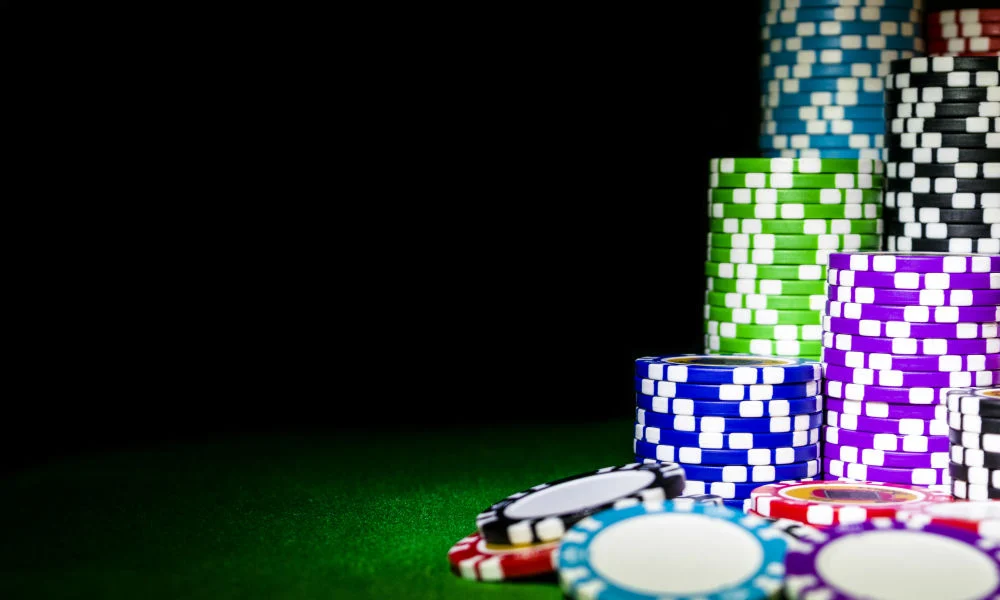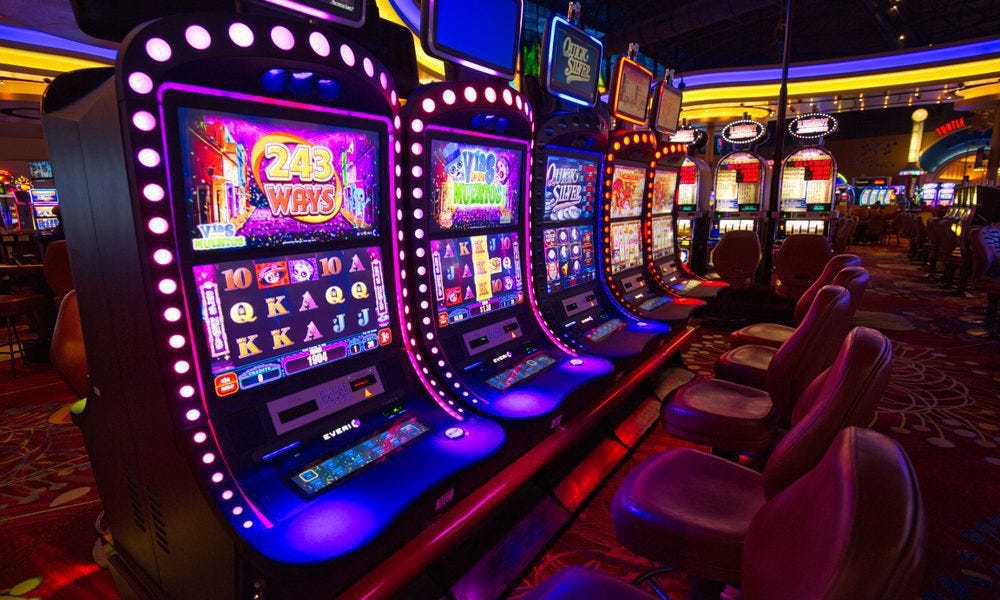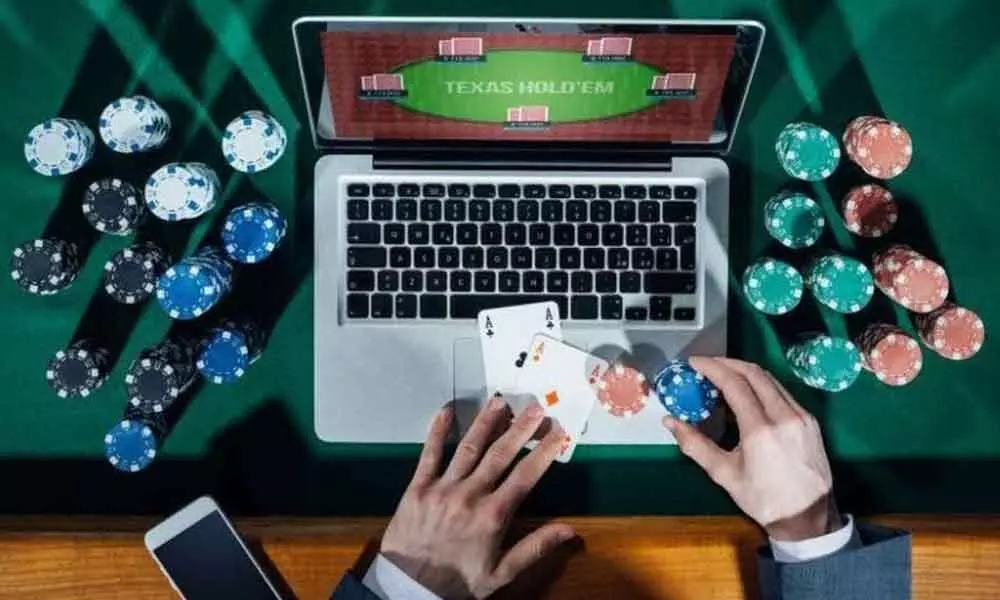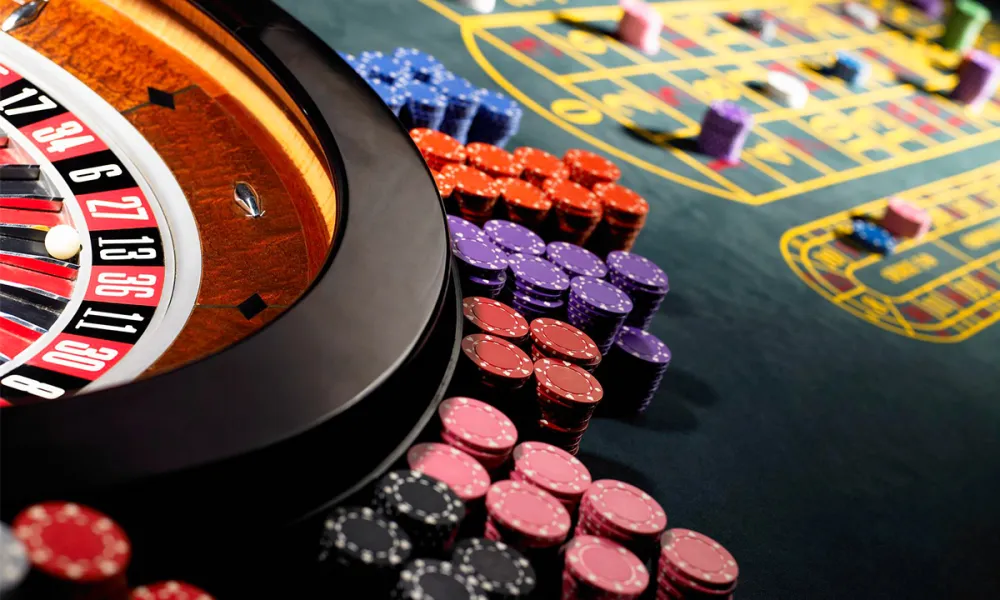For many residents of Humber, that small moment of purchasing a lottery ticket often comes with a mix of excitement and hope. You know the odds are stacked against you, but the allure of winning millions is irresistible. What’s happening in your brain when you buy that ticket, and why does it feel so thrilling—even if you don’t actually win? The answer lies in psychology and neuroscience, where chemicals like dopamine, the art of anticipation, and the thrill of risk-taking all intersect.
Let’s take a closer look at how buying a lottery ticket impacts your brain.
The Role of Dopamine: Your Brain’s Reward Chemical
When you purchase a lottery ticket, one of the first things that happens in your brain is a surge of dopamine, a neurotransmitter that plays a major role in the brain’s reward and pleasure system. Dopamine release is often triggered by activities that promise a potential reward, even if the reward isn’t guaranteed.
The act of buying a lottery ticket stimulates this pleasure response. It’s not the money, per se, that causes the rush, but the mere possibility of winning. Your brain creates a temporary “high” as you imagine all the things you could do with a jackpot win—whether it’s quitting your job, buying a dream home, or traveling the world.
This dopamine rush is part of what keeps people coming back to buy lottery tickets, despite the slim odds. It’s a classic example of the brain’s reward system being activated by chance or risk.
The Thrill of Anticipation
A major psychological effect of buying a lottery ticket lies in the power of anticipation. Research shows that the brain often finds greater pleasure in looking forward to a potential reward than in the reward itself. That’s why, in the days leading up to the lottery draw, you might find yourself daydreaming about what you’d do with the winnings.
These daydreams trigger activity in the brain regions responsible for anticipation and emotional fulfillment, such as the prefrontal cortex. The brain is essentially giving you a “preview” of how good it would feel if you won, further enhancing the sense of excitement.
Interestingly, this anticipatory excitement can sometimes be more satisfying than the resolution of the event itself. Studies reveal that even when people don’t win, the mental boost from simply thinking about winning is enough to make the experience enjoyable.
Decision-Making and Risk-Taking
When you decide to buy a lottery ticket, your brain’s decision-making processes shift slightly. The rational part of your brain, located in the prefrontal cortex, understands the odds are against you. However, emotional centers of the brain, such as the amygdala, often take the reins when the prospect of a life-changing jackpot is on the table. This can lead you to take a financial risk, even though you’re unlikely to see a return on your investment.
Cognitive biases also play a role. For instance, the “availability heuristic” makes you focus on vivid examples of past winners (like those featured in advertisements), which can make winning feel more realistic than it really is. Similarly, the “near miss effect” can persuade you to keep trying, even after losing.
Conclusion
The lottery appeals to human psychology because it combines a low-cost investment with the tantalizing chance of a huge reward. Neurologically, the excitement comes from the interplay between the brain’s reward, anticipation, and risk systems. Even if you know the odds are slim, the brief mental escape and surge of dopamine can make the experience feel worthwhile.







Leave a Reply